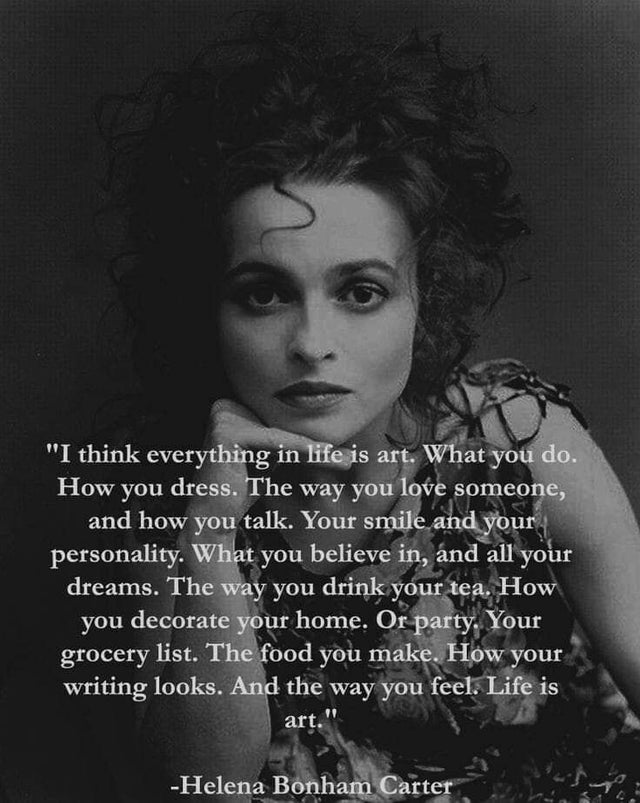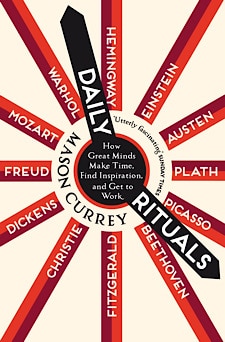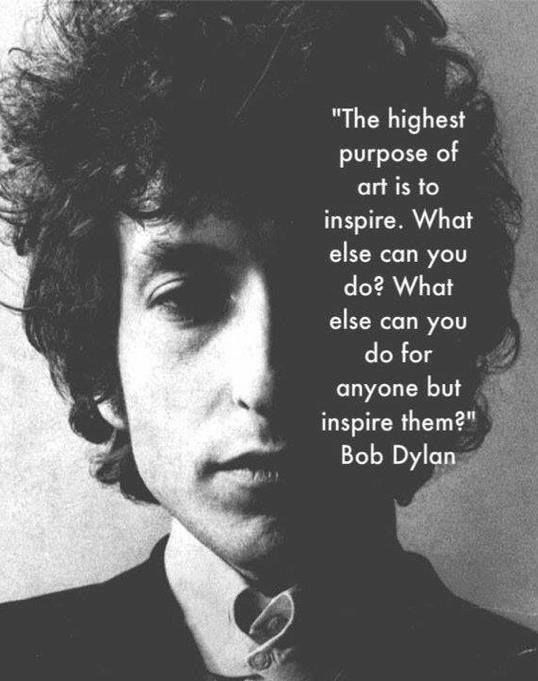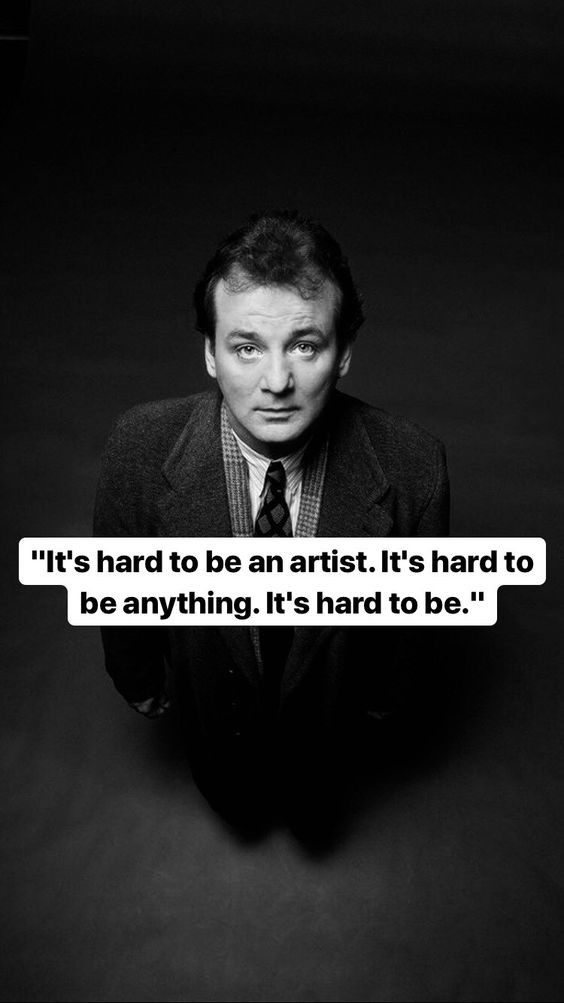“Where is the fuel to keep us going? Anger gets you only so far, and then it destroys you. Jealousy might get you started, but it will fade. Greed seems like a good idea until you discover that it eliminates all of your joy. The path forward is about curiosity, generosity, and connection. These are the three foundations of art. Art is a tool that gives us the ability to make things better and to create something new on behalf of those who will use it to create the next thing.”
Seth Godin, The Practice (Page 255)
“Ultimately, the goal is to become the best in the world at being you. To bring useful idiosyncrasy to the people you seek to change, and to earn a reputation for what you do and how you do it. The peculiar version of you, your assertions, your art.”
Seth Godin, The Practice (Page 226)
“We have unlimited reasons to hide our work and only one reason to share it: to be of service.”
Seth Godin, The Practice (Page 190)
“A key component of practical empathy is a commitment to not be empathic to everyone. A contemporary painter must ignore the criticism or disdain that comes from someone who’s hoping for a classical still life. The tech innovator has to be okay with leaving behind the laggard who’s still using a VCR. That’s okay, because the work isn’t for them. ‘It’s not for you’ is the unspoken possible companion to ‘Here, I made this.'”
Seth Godin, The Practice (Page 71)
“You can’t really decide to paint a masterpiece. You just have to think hard, work hard, and try to make a painting that you care about. Then, if you’re lucky, your work will find an audience for whom it’s meaningful.”
Susan Kare, The Practice (Page 24)
“One of the problems with art is that it is self-anointing: Anyone can be an artist by simply pointing to themselves and saying so. The truth is that there are very few artists. [Making the world a better place through art] is the highest attainment of the specialization. It is to recognize that it is not all about you, and that you have a communal function you can serve to help everyone get along. This is important for people to understand, especially in a capitalist society.”
Milton Glaser, via The Practice (Page 17)
The Practice: Shipping Creative Work [Book]
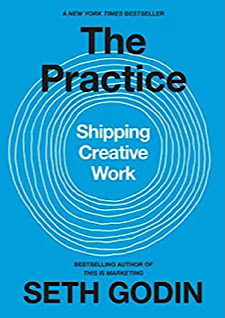
Book Overview: Creative work doesn’t come with a guarantee. But there is a pattern to who succeeds and who doesn’t. And engaging in the consistent practice of its pursuit is the best way forward. Based on the breakthrough Akimbo workshop pioneered by legendary author Seth Godin, The Practice will help you get unstuck and find the courage to make and share creative work. Godin insists that writer’s block is a myth, that consistency is far more important than authenticity, and that experiencing the imposter syndrome is a sign that you’re a well-adjusted human. Most of all, he shows you what it takes to turn your passion from a private distraction to a productive contribution, the one you’ve been seeking to share all along. With this book as your guide, you’ll learn to dance with your fear. To take the risks worth taking. And to embrace the empathy required to make work that contributes with authenticity and joy.
Post(s) Inspired by This Book:
Don’t leave your masterpiece unfinished.
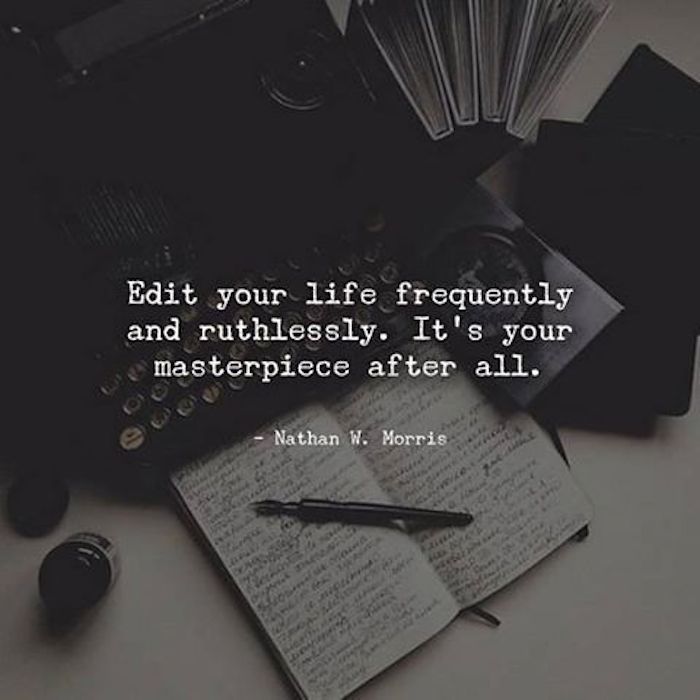
(Read Matt’s Blog on this quote)
“Whatever the next thing is I write, it’s got to be even more naked than the last.”
Harold Pinter, via Sunbeams (Page 50)
“Like your bedroom, your writing room should be private, a place where you go to dream. Your schedule—in at about the same time every day, out when your thousand words are on paper or disk—exists in order to habituate yourself, to make yourself ready to dream just as you make yourself ready to sleep by going to bed at roughly the same time each night and following the same ritual as you go. In both writing and sleeping, we learn to be physically still at the same time we are encouraging our minds to unlock from the humdrum rational thinking of our daytime lives. And as your mind and body grow accustomed to a certain amount of sleep each night—six hours, seven, maybe even the recommended eight—so can you train your waking mind to sleep creatively and work out the vividly imagined waking dreams which are successful works of fiction.”
Stephen King, via Daily Rituals (Page 224)
“I’ve never believed that one should wait until one is inspired because I think that the pleasures of not writing are so great that if you ever start indulging them you will never write again.”
John Updike, via Daily Rituals (Page 195) | Read Matt’s Blog on this quote ➜
“Some pianists say they are the slaves of their instrument. If I am its slave, all I can say is—I have a very kind master.”
Sergey Rachmaninoff, Daily Rituals (Page 179)
“My life has been my music, it’s always come first, but the music ain’t worth nothing if you can’t lay it on the public.”
Louis Armstrong, via Daily Rituals (Page 114) (Read Matt’s Blog On This Quote)
“I don’t believe in draining the reservoir, do you see? I believe in getting up from the typewriter, away from it, while I still have things to say.”
Henry Miller, via Daily Rituals (Page 53) | Read Matt’s Blog on this quote ➜
Daily Rituals [Book]
Book Overview: How is a novel written? A masterpiece painted? A symphony composed? Benjamin Franklin took daily naked air baths and Toulouse-Lautrec pained in brothels. Edith Sitwell worked in bed, and George Gershwin composed at the piano in pyjamas. Freud worked sixteen hours a day, but Gertrude Stein could never write for more than thirty minutes, and F. Scott Fitzgerald wrote in gin-fuelled bursts—he believed alcohol was essential to his creative process. Here are the working routines of more than a hundred and sixty of the greatest philosophers, writers, composers and artists ever to have lived, who, whether by amphetamines or alcohol, headstands or boxing, made time and got to work.
Post(s) Inspired by this Book:
- 13 Intriguing Quotes from Daily Rituals and How Great Creators—Create
- Gerhard Richter Quote on Ideas and How They Won’t Come to You—You Have To Find Them (Beyond the Quote Day 413)
- Henry Miller Quote on Not Draining The Reservoir and Finishing Before You’re Done (Beyond the Quote Day 418)
- Haruki Murakami Quote on Routine and How It’s A Form Of Mesmerism (Beyond the Quote Day 420)
- John Updike Quote on Writing and How Waiting For Inspiration Can Backfire (Beyond the Quote Day 421)
- Willa Cather Quote on Writing and Making It An Adventure Rather Than A Chore (Beyond the Quote Day 423)
“We don’t tolerate typos in commercial products, and the market has the same feeling about design that’s lazy or out of place. Graphic design represents an emotional commitment to the work. Long before we read the words or understand the images, we see the layout. Kerning and color and weight and form arrive in our brains before we have decided what the words on the page actually mean. You wouldn’t wear a clown suit to a job interview, and yet people dress up their ideas in clown suits all the time.”
Seth Godin, Blog
“If you never copy best practices, you’ll have to repeat all the mistakes yourself. If you only copy best practices, you’ll always be one step behind the leaders.”
James Clear, Blog
